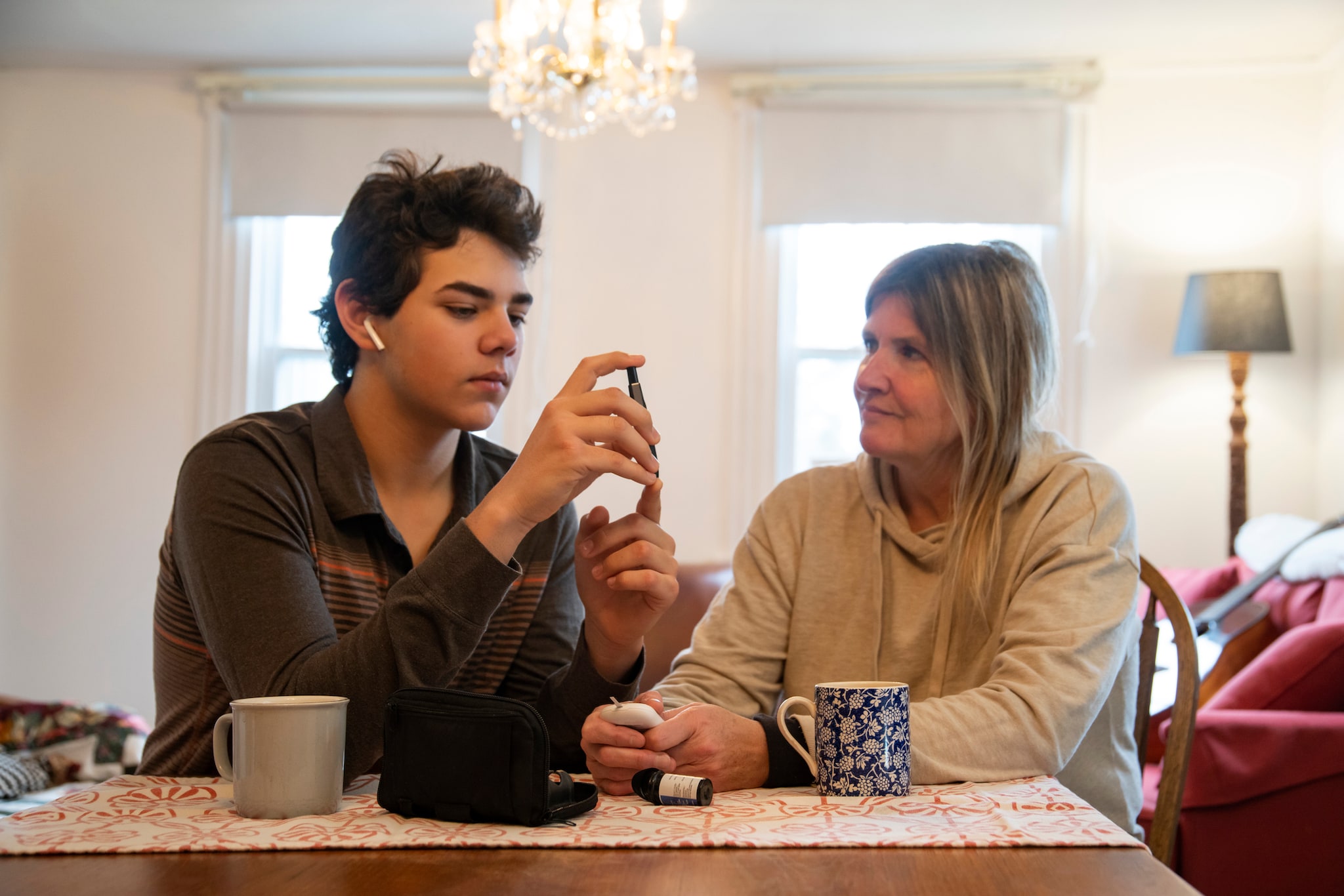Mental Health Care for Young People With Diabetes

Making mental and behavioral health support part of diabetes care could help young people with diabetes.
Research shows that depression and anxiety are more common in US adults and young people with diabetes than those without diabetes. It also shows that other mental disorders, like attention-deficit/hyperactivity disorder (ADHD), are more common in people with diabetes. With diabetes and mental disorders on the rise, it’s important to understand how these conditions affect America’s youth.
What did this study examine?
This study examined three topics from a parent survey:
- Mental, behavioral, and developmental disorders (MBDDs) in children and adolescents aged 2–17 with diabetes compared to those without diabetes.
- Perceived severity of MBDDs in young people with diabetes compared to those without diabetes.
- Use of mental health treatment and medicine in a 12-month period by young people with diabetes compared to those without diabetes.
What terms should I know?
- Parent survey is a telephone survey that asks parents about the physical and emotional health of their child.
- Mental, Behavioral, and Developmental Disorders (MBDDs) are conditions that can affect the way a child’s brain grows and develops.
- Mental, Emotional, and Behavioral Disorders (MEBs) are a subgroup of MBDDs that typically include ADHD, anxiety, depression, behavioral or conduct problems, and Tourette Syndrome.
- Developmental and Language Disorders (DLDs) are a subgroup of MBDDs that typically include autism spectrum disorder, intellectual disability, developmental delay, learning disability, and speech or language disorders.
What were the results?
- Young people with diabetes were more likely to have an MBDD compared to those without diabetes.
- Young people with an MBDD were more often male, whether they had diabetes or not.
- Among young people with diabetes, those who also had an MBDD were more likely to have public health coverage (like Medicaid), lower family income, and unmet health care needs compared to those with diabetes who did not have an MBDD.
- Young people with diabetes were nearly twice as likely to have an MEB or DLD compared to those without diabetes.
- Young people aged 2–11 with diabetes had more than double the number of MBDDs than those of the same age without diabetes.
- Adolescents aged 12–17 with diabetes had 50% more MBDDs than those of the same age without diabetes.
- Among all young people with a reported MBDD, those with diabetes were more likely to have a severe behavior disorder or DLD compared to those without diabetes.
- No significant differences were found in the use of treatment and medicine for MBDDs by young people with or without diabetes.
What’s important about this study?
Findings suggest that young people with diabetes may benefit from having mental and behavioral health support as a part of diabetes care. The study discusses the importance of:
- Making mental health screenings part of routine diabetes care for young people.
- Providing appropriate mental health treatment to help young people with diabetes better manage their diabetes and improve their quality of life.
- Improving mental and behavioral health insurance coverage and access to mental health services for all young people, not just those with diabetes.
- Having different types of health care providers working as a team to monitor both diabetes and MBDDs in young people.